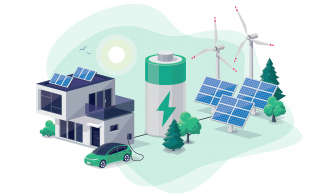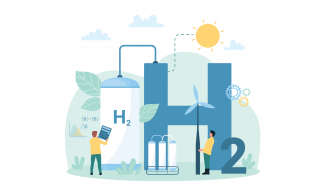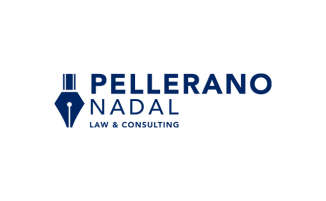Eric Knai, Eversheds Sutherland: If you look back at 2023, we have had a very depressed M&A market other than in the energy sector. If you think about the two geopolitical events that have dominated 2023, the Ukraine war and the conflict in the Middle East towards the end of the year, those are both conflicts which are in oil and gas regions and which have impacted not only production but also supply chain.
Why does that impact M&A, transactional work and projects in general? It has driven up interest rates as a result of the inflation that those crises have created. But my view is that the issues with the M&A market in 2023 do not have much to do with the level of interest rates. Most of us around this table are old enough to remember doing deals at 6%, 7%, 8% or 9%.
Continue reading “The energy and renewables debate: Power shifts”
















